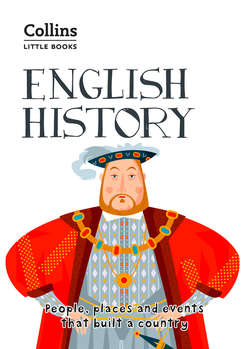Читать книгу English History: People, places and events that built a country - Robert Peal - Страница 13
Оглавление597 | The arrival of Christianity
At first, the Anglo-Saxons were pagans, who believed in the Norse gods. Woden was the King of the Gods, but there was also Tiw the god of war, Freya the goddess of love and fertility, and Thor the god of thunder. The days of the week in English are still named after these gods: Tiw became Tuesday, Woden became Wednesday, Thor became Thursday, and Freya became Friday.
This began to change when Pope Gregory in Rome sent a monk named Augustine to convert the Anglo-Saxons to Christianity. Augustine landed on the south coast of England in 597 with a group of around forty monks. Here, Augustine met Ethelbert, the King of Kent. Ethelbert’s wife, a princess from France called Bertha, was already a Christian. Under Bertha and Augustine’s influence, Ethelbert became the first Anglo-Saxon king to convert to Christianity. In 635, a monk called Aidan brought Christianity to Northumbria from Ireland. Pope Gregory made Augustine the first Archbishop of Canterbury, and Kent and Northumbria became the centres of Christianity in England, from which this new religion eventually spread throughout the whole country. To this day, the Archbishop of Canterbury remains the leader of the Church of England.
